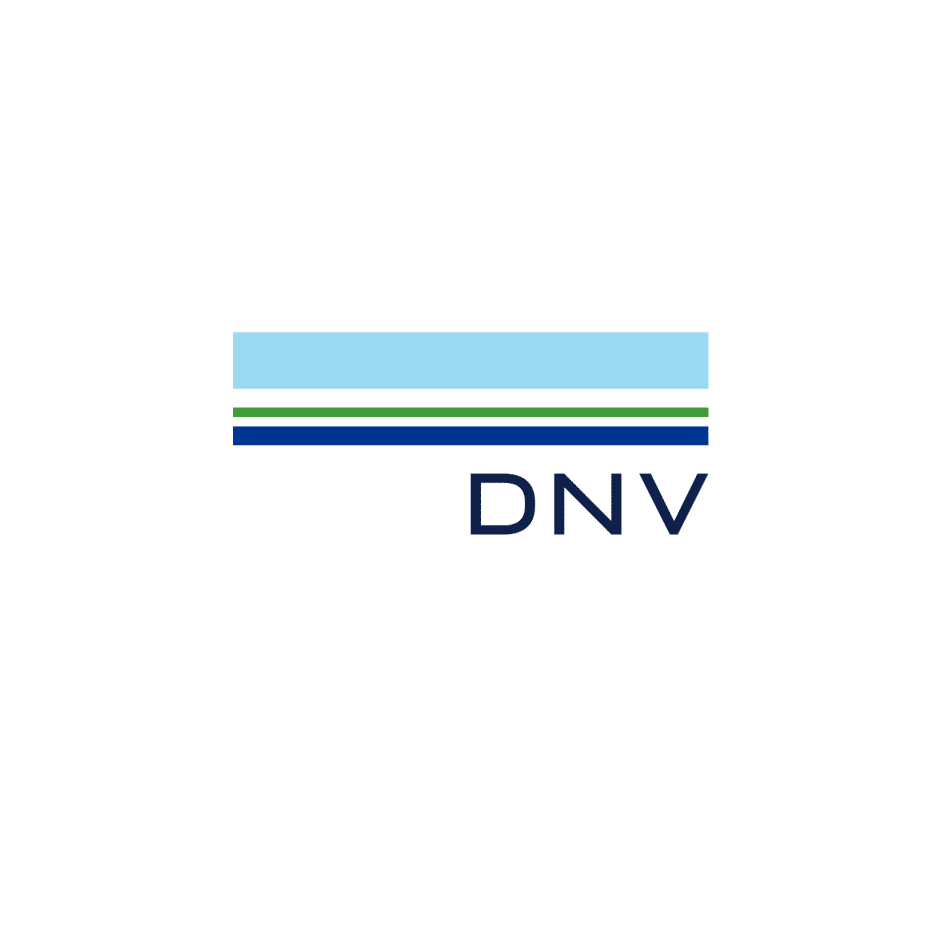R&D Programs
JIP PROGRAms and pionnering researches
R&D PROGRAMS
SIMEROS has extensive experience in research and development programs. Our R&D projects aim to develop technologies that can actually be implemented in the operational field, bringing up perceived and relevant value to our clients’ businesses.
Over the last few years, we have worked together with the leading offshore O&G players, developing projects with high technical requirements and relevant operational applicability.
Among the ongoing projects, we highlight:
- SCC-CO2 Permeation
- SCC-CO2 Damage Propagation
- Inova Petro – flexible pipe ancillaries’ development
- TCP Research & Exploratory Assessment
- Pipe Inspection and Monitoring Tools
SCC-CO2 Permeation
Study the effect of high CO2 pressure on the permeation through polymeric layers and the degradation of metallic layers of flexible pipes.
Project track record:
- Cooperation involving SIMEROS, Petrogal Brazil, Petrobras, Baker Hughes, TechipFMC and NOV
- 22 full-scale samples (3m long pipe section) coupled with small scale tests
Project outcomes:
- Failure mechanism understanding
- Reproduction of field operation conditions in the lab (LABTWIN concept)
- Generating consistent experimental data to support damage prediction models, material selection, and pipe design improvements
SCC-CO2 Damage Propagation
Study designed to investigate the combined effects of damage initiation by SCC-CO2, crack propagation under corrosion-fatigue environment, associated with loads faced in field
Project track record:
- Cooperation involving SIMEROS, Petrogal Brazil and Petrobras
- 06 full scale tests coupled with a comprehensive small scale testing matrix
Project outcome:
- Update the methodology for assessing the structural integrity of flexible pipes operating under SCC-CO2 risk conditions.
INOVAPETRO

A continuous R&D initiative to develop new technologies to improve the application of subsea pipes. It considers opportunities regarding flexible pipes’ manufacturing, installation, production, and decommissioning process.
The project highlights are:
- End Fitting development and qualification
- Subsea pipe retermination process
- Development of inspection and monitoring techniques for subsea pipe
TCP Research & Exploratory Assessment
The project aims the development of suited lab infrastructure to perform a series of experimental tests designed to evaluate the performance of composite pipelines (TCP). The TCP testing program is build-on the DNV ST F119 standard practices, coupled with other customized exploratory tests.
Project track record:
- Cooperation involving SIMEROS, Shell Brazil, Petrobras and Strohm
- Comprehensive full-scale testing campaign (over 50 testing samples)
Project outcomes:
- Lab capacity and test procedures development
- Further the understanding about structural performance of TCP for ultra-deepwater applications
Pipe Inspection and Monitoring Tools
A continuous program dedicated to proposing, developing, and validating inspection and monitoring techniques to support the integrity management of subsea pipelines.
The ongoing developments include the following techniques and methods:
- Hybrid electromagnetic technique
- Phased Array Ultrasonic Testing (PAUT)
CONHEÇA NOSSAS OUTRAS SOLUÇÕES
Interessado?
Preenche o formulário e manda a tua mensagem.

PRINCIPAIS CLIENTES

















